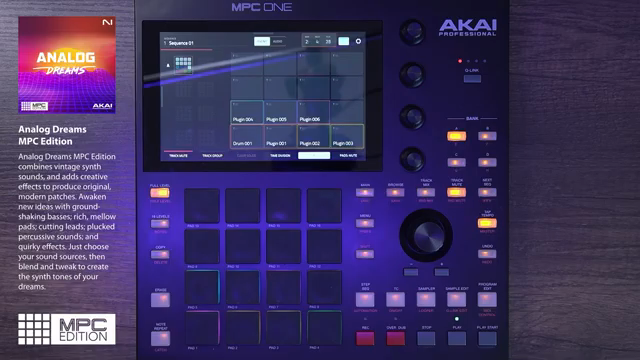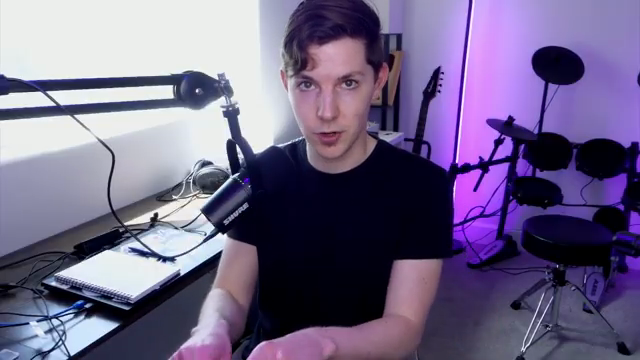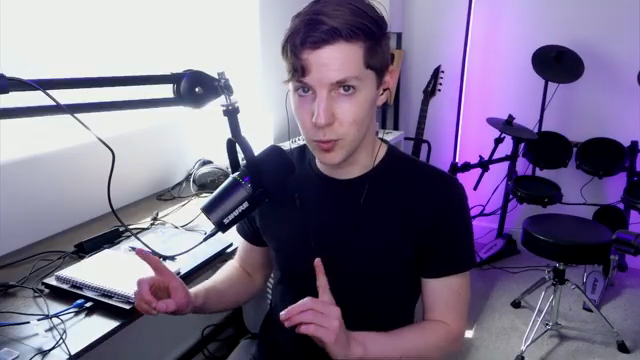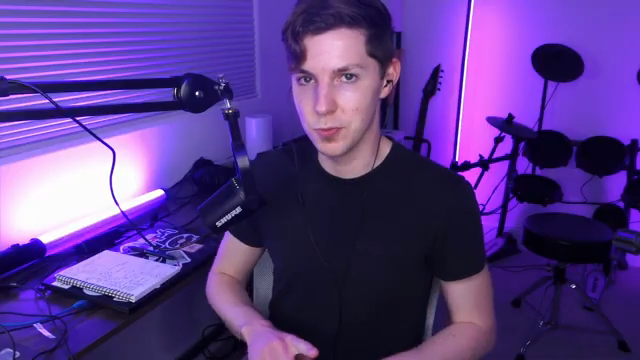Ever wondered if Native Instruments’ new plugins for Akai’s MPC standalones truly hit the mark? GabeMillerMusic dives deep into each plugin, dishing out candid reviews with a flair. From the slow load times to the street-price debate, it’s all laid out in a beatmaker’s playground. Join the ride to find out if these plugins are worth the hype!

13. May 2025
RILEY
GabeMillerMusic Gets Groovy with Native Instruments’ MPC Plugins
A Slow Start to the Beat
GabeMillerMusic kicks off the video noting how these Native Instruments plugins for the MPC series are like a mixtape you just can’t fast forward—slow to start but packed with flavor. Gabe doesn’t sugarcoat the painfully slow load times of the plugins, timing them at over a minute for a single project. Native Instruments’ Play series plugins are aimed at diverse music genres but have a familiar hiccup: lag. Gabe receives these plugins from Akai to review, ensuring transparency up front. He mentions reaching out to Akai about this sluggishness, confirming it as a known issue, while suggesting that loading files onto an SD card might improve things, albeit slightly. It’s a groovy yet sluggish beginning, setting the stage for what’s to follow.

"I timed loading one of these, and it took about a minute and twenty seconds to load a project."
Analog Dreams: A Synthwave Fantasy

"The first plugin I tried out is Analog Dreams and let's put this up front. This one's my favorite."
Analog Dreams quickly takes center stage as Gabe’s darling of the lineup. This synthwave-inclined plugin floats its way into Gabe’s heart with its shimmery, nostalgic tones – perfect for those nights when you just want to disappear into neon lights and retro beats. Gabe highlights the control versatility, showing off the dual-layer format and pitch options. He loves the introduction of effects like granular and octave delays, stating that these features are well-integrated and elevate the plugin’s offerings. Driven by Gabe’s own creative passion, the demo tracks made with Analog Dreams shimmer with classic synthwave charm. He cleverly inserts his own sample packs into these pieces, illustrating the plugin’s capacity to blend seamlessly with other sounds. Despite minor hiccups with system crashes, Gabe declares this plugin worth every penny of its $30 price tag and admits he’d probably even fork out more given its quality.
Nacht Falls Short of Techno Nightlife
Gabe turns a keen ear to Nacht, questioning its claim to techno fame with a skeptical beat maker’s eye. While it boasts some eerie pads and foreboding atmospheres, the bass patches leave Gabe wincing more than grooving. He dives into the darker corners of the sound library but finds many patches dated and not quite hitting the techno mark. Despite attempts to coax more from its brooding potential, the plugin feels hit or miss. It’s like ordering street tacos without the hot sauce – something’s just missing. Gabe confesses he sees it more in line with earlier electro styles rather than the dark techno it promises. Still, there’s some salvageable appeal in its paddy layers, enough to warrant an occasional drop in the playlist, but he values it closer to $10 than the hefty full price.

"This one says it's aimed at the darker side of techno. And that's an interesting claim because I don't really know that it nails it."
Cloud Supply: A Trap Cloud with a Gap
Cloud Supply opens up with a gust of anticipation but quickly reveals its thin atmosphere. Gabe’s indifference is palpable as he explores its sounds designated for trap enthusiasts. Though some spacey pads attempt to touch the stratosphere, the absence of hearty 808 basses is a glaring void. Gabe calls out the lack of low-end punch, noting it fails to deliver on the grounded, heavy-hitting beats signature to the genre. Yet, the airiness of some patches offers a glimmer of potential for those wanting to experiment with lighter trap elements. Despite its flaws, there’s a sprinkling of possibilities that trap purists might explore, but Gabe suggests that unless you’re committed to its niche, this plugin might be more of a passing cloud than a mainstay hurricane in a beatmaker’s toolkit.
Sway: Bringing the Lo-Fi Vibes
Sway sways its way into Gabe’s favor with its ability to deliver dusty lo-fi vibes. Even with some of its hits and misses, the plugin unfolds with warm electric pianos and textured sounds that nod to a relaxed, vinyl-clad afternoon. Gabe appreciates its character, describing some of the synth layers as pleasantly robust. Though the pianos lack realistic dynamics, Sway maintains its charm with a unique, whimsical resonance fitting for a low-key study vibe or coffeehouse set. It’s not perfect, but just like a cracked record, it’s the imperfections that give it soul. For Gabe, Sway justifies the $30 price and guarantees a recurring spot in his lo-fi toolkit.
Homage: Dusty Grooves with a Learning Curve

"I didn't quite know what to do with at first and so I ended up accidentally making like 80s library music."
Homage (or homage, as Gabe quips) is a curious dive into the LA beat scene. Initially stumped by its peculiar offerings, Gabe ends up crafting something reminiscent of forgotten 80s documentaries before refocusing on its intended lo-fi and beat scene vibes. While its blend of grit and shimmer doesn’t fully resonate with him, there’s a distinct DIY feel to the plugin’s offerings. The dusty soundscapes are appealing, yet unconventional. Gabe finds himself at a crossroads; while he includes it tentatively in his toolkit, he thinks its value leans more towards niche enthusiasts than mainstream users. A bit rough around the edges, Homage caters to those craving a flavor that’s both a throwback and a tribute to a specific beat culture.
Latest articles
Watch on YouTube:
https://www.youtube.com/GabeMillerMusic
Links from GabeMillerMusic:
Sponsored links:
If you purchase via these links, we may earn a small commission – at no extra cost to you.
🔗 Check price on Amazon
🔗 Check price on Amazon
🔗 Check price on Amazon
🔗 Check price on Amazon
🔗 Check price on Amazon